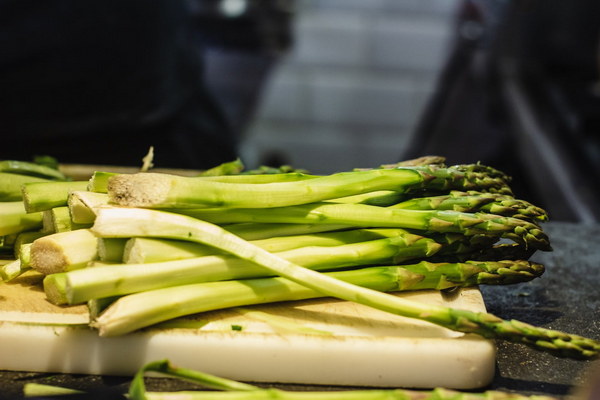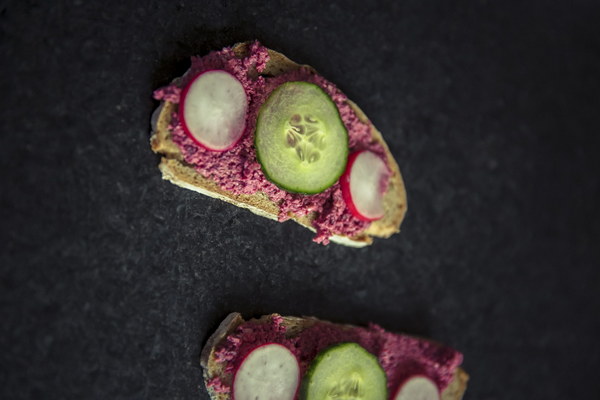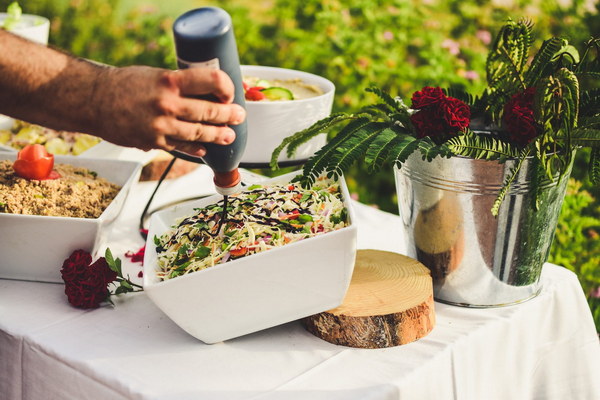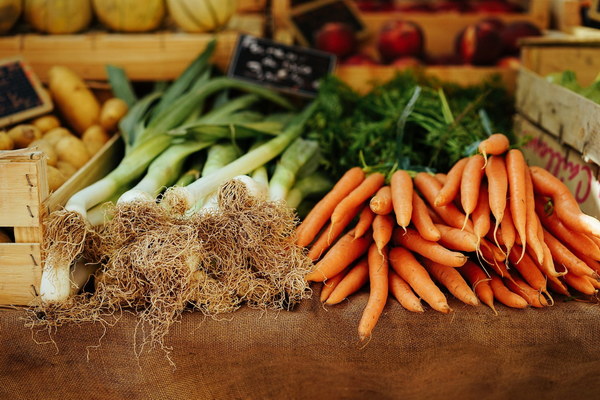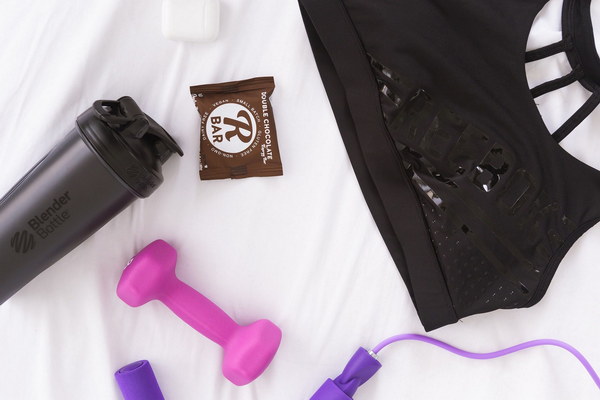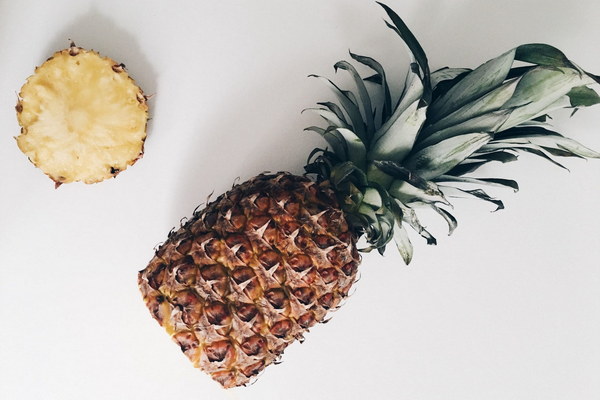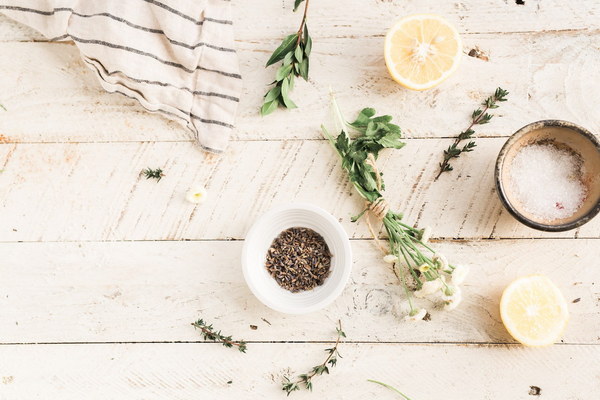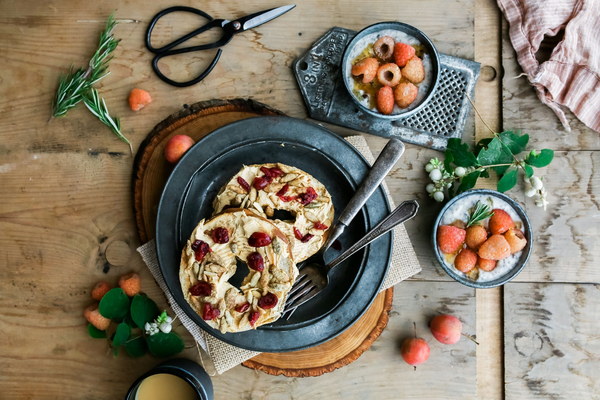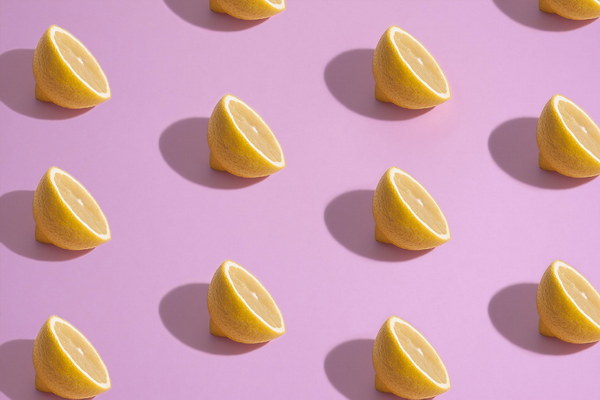Revitalizing Her Health A Comprehensive Guide to Traditional Chinese Herbs for Women's Blood and Qi
In the realm of traditional Chinese medicine, the well-being of women is deeply intertwined with the balance of their blood and Qi. For centuries, Chinese herbs have been used to nourish and replenish these vital energies, offering a holistic approach to women's health. This article delves into a comprehensive guide to traditional Chinese herbal formulas designed to support women's blood and Qi, offering a treasure trove of knowledge for those seeking natural remedies.
1. Angelica Root (Dang Gui)
Renowned for its ability to invigorate blood and Qi, Angelica Root is a staple in many female herbal formulas. It is often used to alleviate menstrual cramps, regulate menstrual cycles, and improve fertility. Additionally, it can help to alleviate fatigue, improve skin tone, and boost overall energy levels.
2. Peony Root (Shao Yao)
Peony Root is another powerful herb known for its blood-invigorating properties. It is commonly used to treat conditions such as irregular menstrual cycles, heavy bleeding, and postpartum disorders. Peony Root also has anti-inflammatory effects, making it beneficial for women suffering from uterine fibroids or endometriosis.
3. Safflower (Hong Hua)
Safflower is a blood-moving herb that is often combined with other herbs to improve circulation and reduce blood clots. It is particularly effective for treating dysmenorrhea, menopausal symptoms, and uterine bleeding. Safflower can also help to alleviate pain and improve blood flow throughout the body.
4. Astragalus Root (Huang Qi)
Astragalus Root is an immune-boosting herb that also helps to tonify the Qi. It is often used to treat fatigue, weakness, and anemia. Astragalus can enhance the body's resistance to illness and promote overall well-being, making it an excellent choice for women looking to strengthen their immune system.
5. Dang Shen
Dang Shen is a Qi-tonifying herb that is often used to treat fatigue, weakness, and anxiety. It is also beneficial for women with blood-related issues, as it helps to improve circulation and reduce fatigue. Dang Shen can be used alone or in combination with other herbs to support women's health.
6. Licorice Root (Gan Cao)
Licorice Root is a versatile herb that is often used as a harmonizing agent in Chinese herbal formulas. It helps to balance the properties of other herbs and can be used to alleviate symptoms such as bloating, cramping, and mood swings. Licorice Root is also known for its anti-inflammatory and immune-boosting properties.
7. Rehmannia (Shu Di Huang)
Rehmannia is a blood-nourishing herb that is often used to treat anemia, fatigue, and weakness. It is also beneficial for women experiencing menopausal symptoms, as it helps to balance hormones and alleviate hot flashes. Rehmannia can be used alone or in combination with other herbs to support women's reproductive health.
8. Codonopsis Root (Dang Shen)
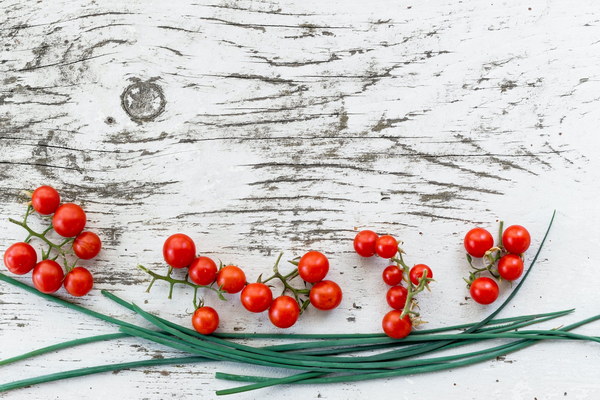
Codonopsis Root is another Qi-tonifying herb that is often used to treat fatigue, weakness, and anemia. It is also known for its immune-boosting properties and can be used to enhance the body's resistance to illness. Codonopsis Root is a versatile herb that can be used alone or in combination with other herbs to support women's health.
In conclusion, traditional Chinese herbal formulas offer a wealth of benefits for women seeking to nourish their blood and Qi. By incorporating these natural remedies into their wellness routine, women can experience improved energy levels, better reproductive health, and a greater sense of overall well-being. However, it is important to consult with a qualified herbalist or healthcare provider before starting any new herbal treatment, as individual needs may vary. With the right guidance and the power of these ancient herbs, women can embark on a journey toward optimal health and vitality.
